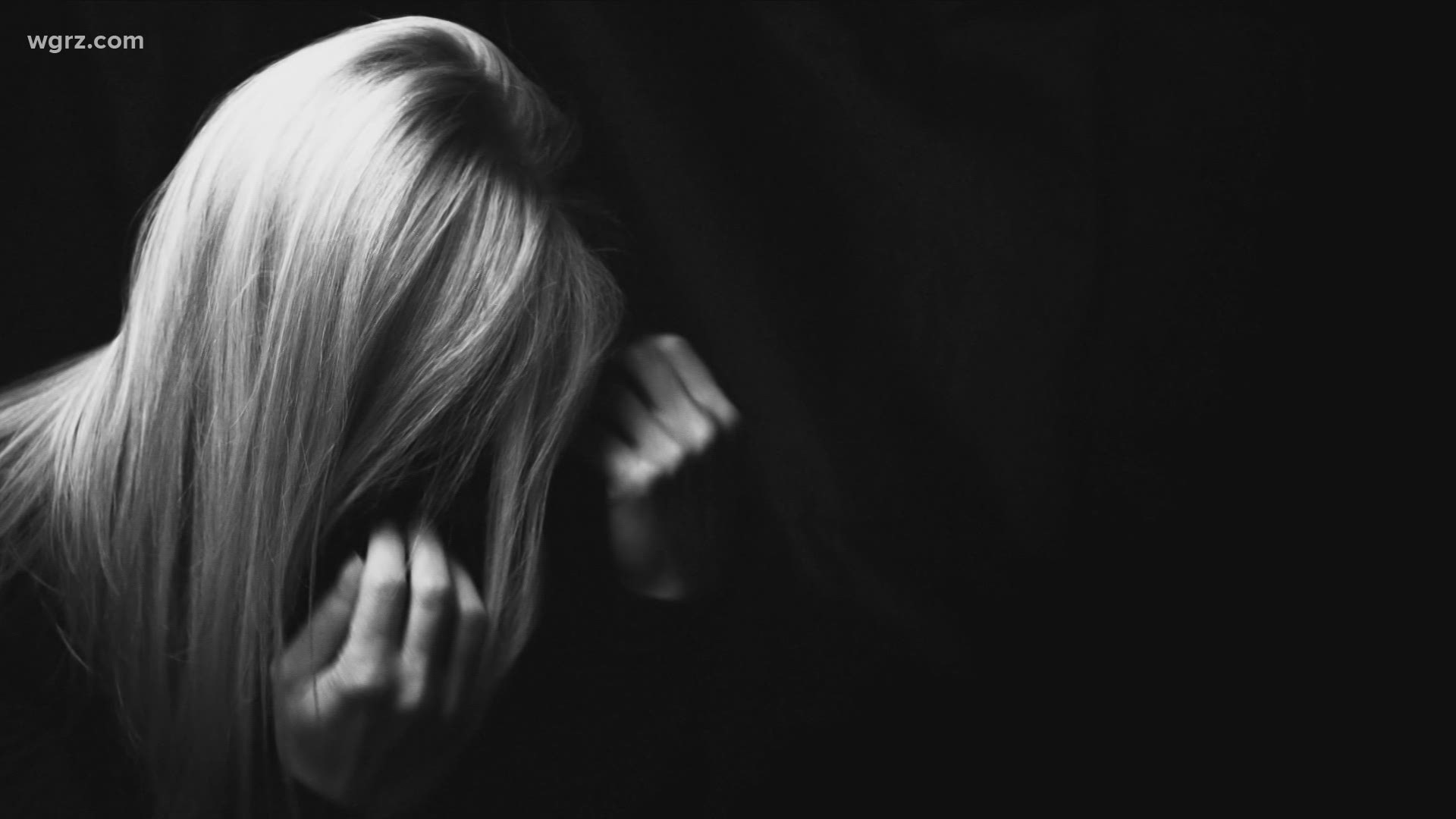BUFFALO, N.Y. — COVID. COVID-19. The pandemic... Different names, but the same subject matter inundating screens, airwaves, magazines, and newspapers hour by hour - with little to no breath in between.
Yes, per the medical experts, it's crucial to stay informed in order to stay safe. But per mental health experts, it's also crucial to find balance in just how much information you take in so as to protect your sanity.
COVID fatigue is real term and a real experience. This idea that the incessant 'COVID coverage' has taken over thereby increasing the intense kinds of anxiety and depression that millions of people around the world are suffering from as a consequence.
Dr. Catherine Mazzotta is a professor in the Department of Social Work at Buffalo State College and says these times are weighing heavily on mental health practitioners too.
"There's a lot of constraint that's being placed upon us for the betterment of the good for all of us, but it's very very difficult and it's very very hard," Mazzotta said.
What exactly is she referring to?
This new norm? This state of discomfort that we all find ourselves having to make comfortable.
"Anxiety is not stress. We're talking about being incapacitated by an overwhelming sense of dread - that is anxiety," Mazzotta says.
Maybe it's the disease itself, your job, finances, food, childcare, healthcare, housing... the list goes on. For people suffering from clinical anxiety that list often repeats and never ends creating a merry-go-round of thoughts and energy than for some can lead to panic.
"Most people don't have an idea of really how debilitating that can be," Mazzotta says.
As for clinical depression?
Look out for a pervasive presence of sadness, loneliness, irritability and at times grumpiness Mazzotta says.
"Things are never going to get better, I don't enjoy the things I used to," Mazzotta says this train of thought is characteristic of someone who is showing possible signs of depression and should reach out to their primary care physician for a proper diagnosis.
Whether it's anxiety, depression or even change that is making day-to-day life emotionally draining these days the most important things Mazzotta says is to remember you are not alone - as alone as you might feel.
"Reach out and ask for help, people can and will help if you find you need it," she says. "Contact your PCP, contact a crisis services, 911, or try New York State's 'Project Hope of WNY', an anonymous hotline that offers resources and people to talk to."
In addition, the CDC has a plethora of resources to help deal with COVID-induced stress, anxiety and/or depression that are 24/7.
These are ongoing times of difficulty, and while many of us will be alone this holiday season, Mazzotta says, there's no need to be alone with your feelings.

